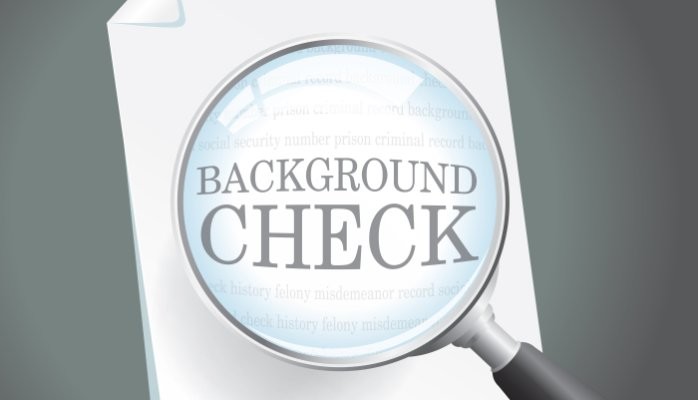When it comes to hiring new employees, companies often conduct various types of checks to ensure they are hiring the right candidate. Two of the most common types of checks are background checks and reference checks. While they may seem similar, they serve different purposes and are conducted in different ways. In this article, we will explore the differences between background checks and reference checks.
Contents
What is a Background Checks?
A background checks is a type of pre-employment screening that involves reviewing an individual’s personal, professional, and criminal history. A background checks can be conducted by a third-party company or done in-house by the employer. It may include a variety of checks, such as criminal record checks, employment history verification, education verification, credit checks, and drug tests.
The purpose of a background checks is to ensure that the candidate is a good fit for the position and the company as a whole. It helps to verify that the candidate is truthful in their application and resume, and does not have a history of criminal behavior or other issues that may affect their ability to perform the job.
What is a Reference Check?
A reference check is a type of pre-employment screening that involves contacting the candidate’s former employers or personal references to verify their employment history, skills, and work ethic. A reference check can be conducted by the employer or a third-party company hired by the employer.
The purpose of a reference check is to obtain additional information about the candidate that may not be evident from their resume or interview. It helps to verify that the candidate has the necessary skills and experience for the position, and that their work style and personality are a good fit for the company culture.
The Differences Between Background Checks and Reference Checks
While both background checks and reference checks serve the purpose of screening potential employees, there are several key differences between the two.
Scope of Check
A background checks is a comprehensive review of an individual’s personal, professional, and criminal history. It can include checks on criminal records, employment history, education, credit history, and more. A reference check, on the other hand, is focused specifically on verifying the candidate’s employment history, skills, and work ethic. It may include contacting former supervisors, co-workers, or personal references to gather information about the candidate.
Method of Check
A background checks is typically conducted by a third-party company that specializes in pre-employment screening. The company will gather information from various sources, such as court records, credit bureaus, and former employers, and compile a report for the employer. A reference check can be conducted by the employer or a third-party company hired by the employer. The employer may contact the candidate’s former supervisors or co-workers directly or use a reference-checking service to gather information.
Legal Compliance
Employers must comply with various federal and state laws when conducting background checks. For example, the Fair Credit Reporting Act (FCRA) requires employers to obtain written consent from the candidate before conducting a background checks, and to provide a copy of the report to the candidate if adverse action is taken based on the report. Similar laws may apply to credit checks, criminal record checks, and drug tests. Reference checks, on the other hand, are typically less regulated, although employers should still ensure that they are not violating any discrimination laws or defaming the candidate’s character.
Timing
Background checks are typically conducted after a conditional offer of employment has been made, but before the candidate starts working. This allows the employer to verify that the candidate is truthful in their application and does not have any red flags that may affect their ability to perform the job. Reference checks, on the other hand, are usually conducted after the initial interview and before a job offer is made. This allows the employer to gather additional information about the candidate that may help them make a hiring decision.




